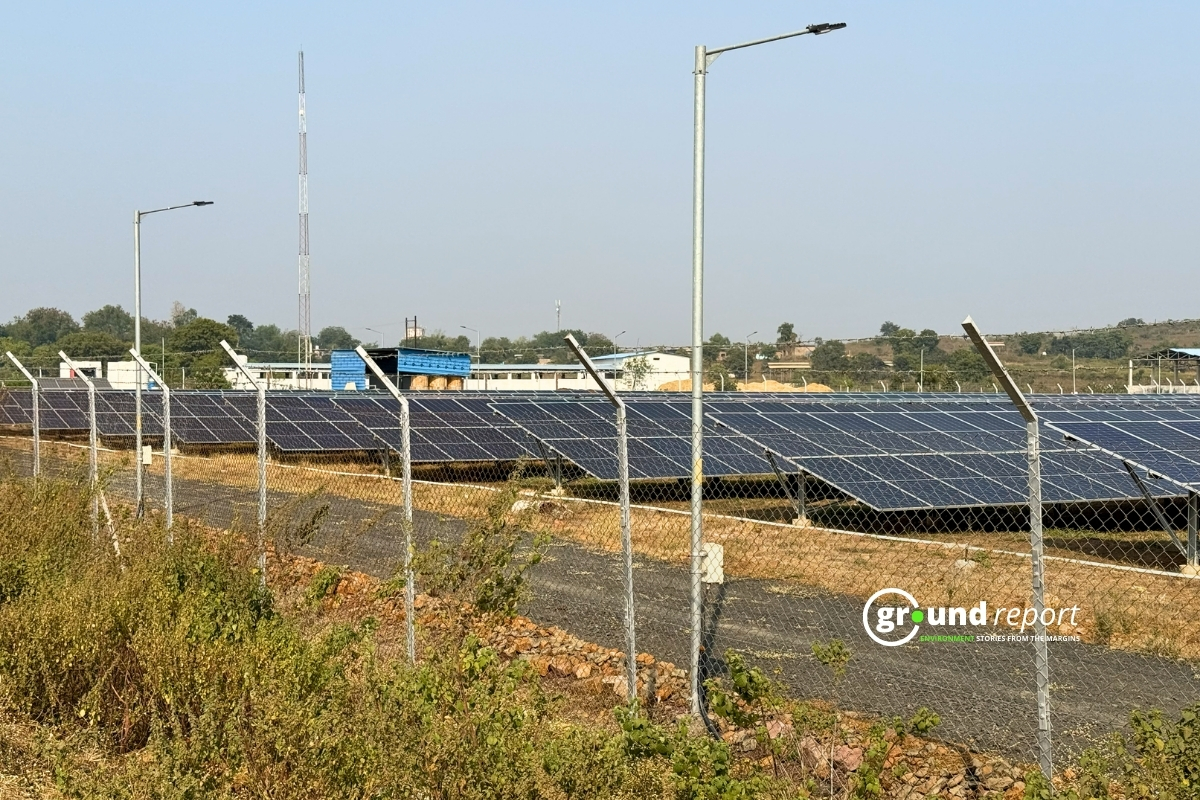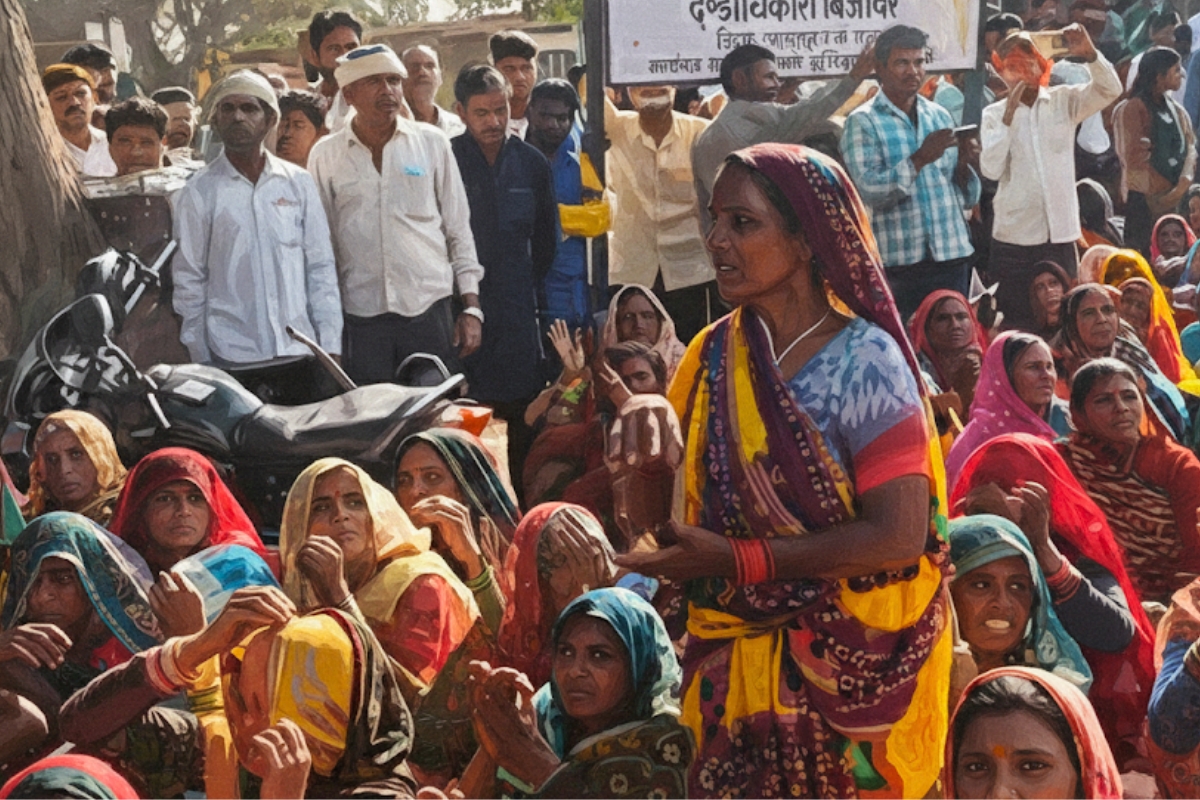A recent study revealed that infants under the age of two in India may suffer from cognitive issues due to poor air quality. This age range is particularly important because it coincides with peak brain development.
Study reveals link between Air Quality and Infant Cognition
The process of perception involves using the senses, experiences, and thoughts to gain knowledge and understanding. Negative effects on brain development during this period may have long-lasting effects that persist throughout a person’s life, the researchers reported.
In a recent study, lead researcher Professor John Spencer from the University of East Anglia in the UK highlighted that poor air quality can lead to cognitive deficits, emotional issues and behavioural problems in children, which ultimately affects families.
The presence of fine particles in the air is a significant concern because they can enter the brain through inhalation.
Previously, studies have been unsuccessful in establishing a link between poor air quality and cognitive problems during the peak brain development stage in infants who may be affected by brain toxins.
To investigate how indoor air quality affects infants’ cognition, the team partnered with rural Indian families.
The study was conducted in collaboration with the Community Empowerment Lab, a global health research and innovation organization working in partnership with villagers based in Lucknow, India.
Methodology of the Study
The researchers worked with families living in Shivgarh, a rural community with poor air quality in Uttar Pradesh, who came from different socio-economic backgrounds. Shivgarh is one of the worst affected areas in the state.
Between October 2017 and June 2019, the study assessed the visual processing speed and visual working memory of 215 infants using specially designed cognitive items.
One experiment involved presenting a series of bright colours that remained the same with each blink, while in the second experiment, a coloured square replaced each blink.
The purpose of the task was to observe infants’ ability to differentiate between something new and something that was visually familiar.
According to Spencer, the researchers were interested in determining whether infants could detect moving objects, which was made difficult by including as many variations as possible in each experiment.
Air quality monitoring equipment was used by the research team to measure emission levels and air quality within the children’s homes. The socio-economic status of the family was taken into account and controlled for during the study.
Significance of the Research Findings
Professor John Spencer highlighted that this study demonstrates for the first time a link between poor air quality and impaired visual cognition in the first two years of life, when brain development is at its highest. These effects can persist for years, causing adverse effects on children’s development.
The research findings suggest that global initiatives aimed at improving air quality can have a positive effect on infants’ cognitive abilities. This can have a ripple effect, as improved cognition can lead to increased economic productivity in the long run, reducing the burden on health care and mental health systems.
Overall, this study highlights the urgent need for action to address poor air quality, especially in areas where infants are most at risk, to ensure optimal cognitive development and long-term health benefits.
Keep Reading
- 150 homes to submerge: Bothi village opposes the Morand-Ganjal dam project
- Srinagar’s Waste Crisis: Experts Warn City Will Become A Trash City In 5 Years
- Four-Lane Road To The Amarnath Cave And Delicate Ecology
Follow Ground Report for Climate Change and Under-Reported issues in India. Connect with us on Facebook, Twitter, Koo App, Instagram, Whatsapp and YouTube. Write us on GReport2018@gmail.com.









